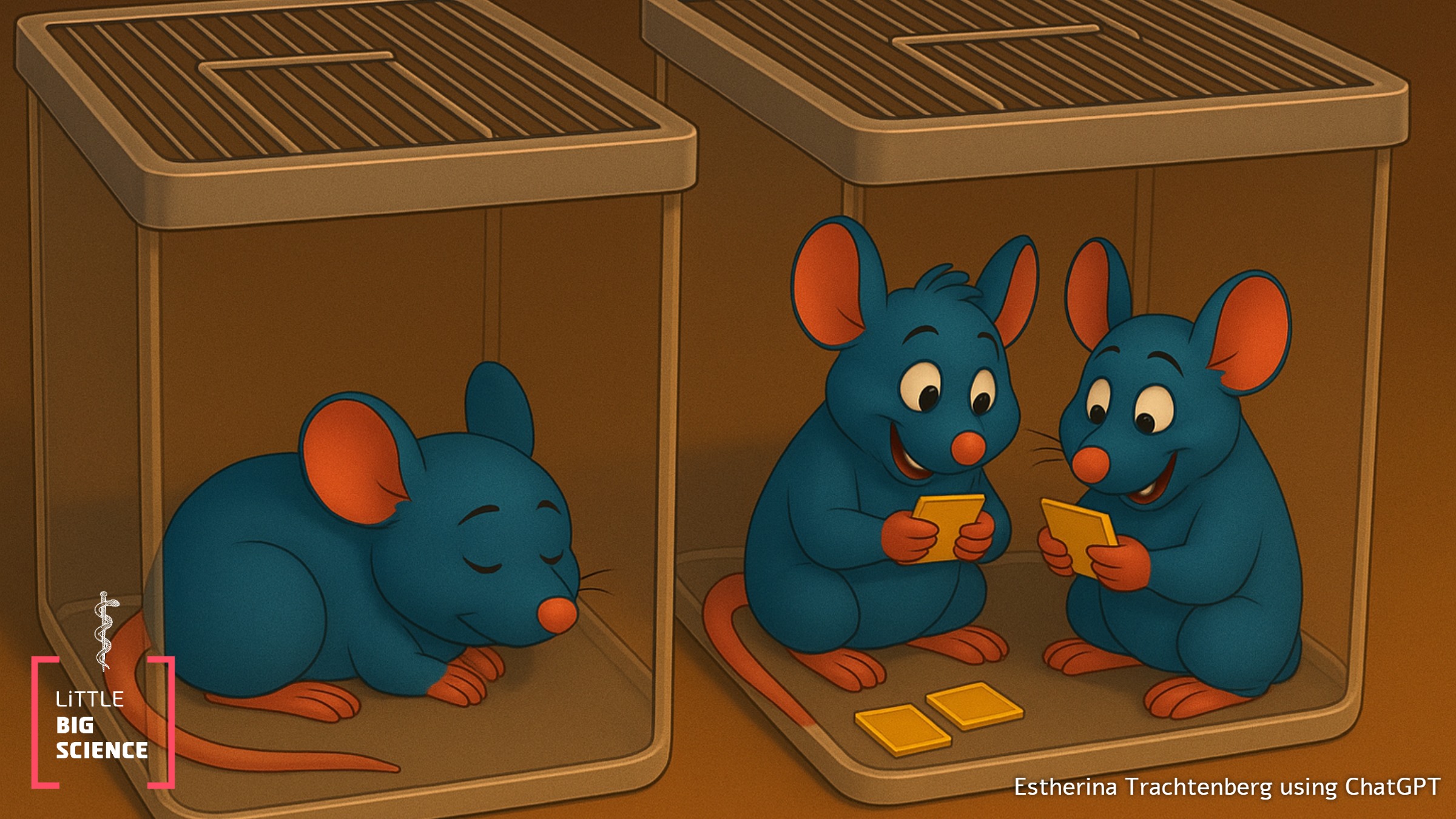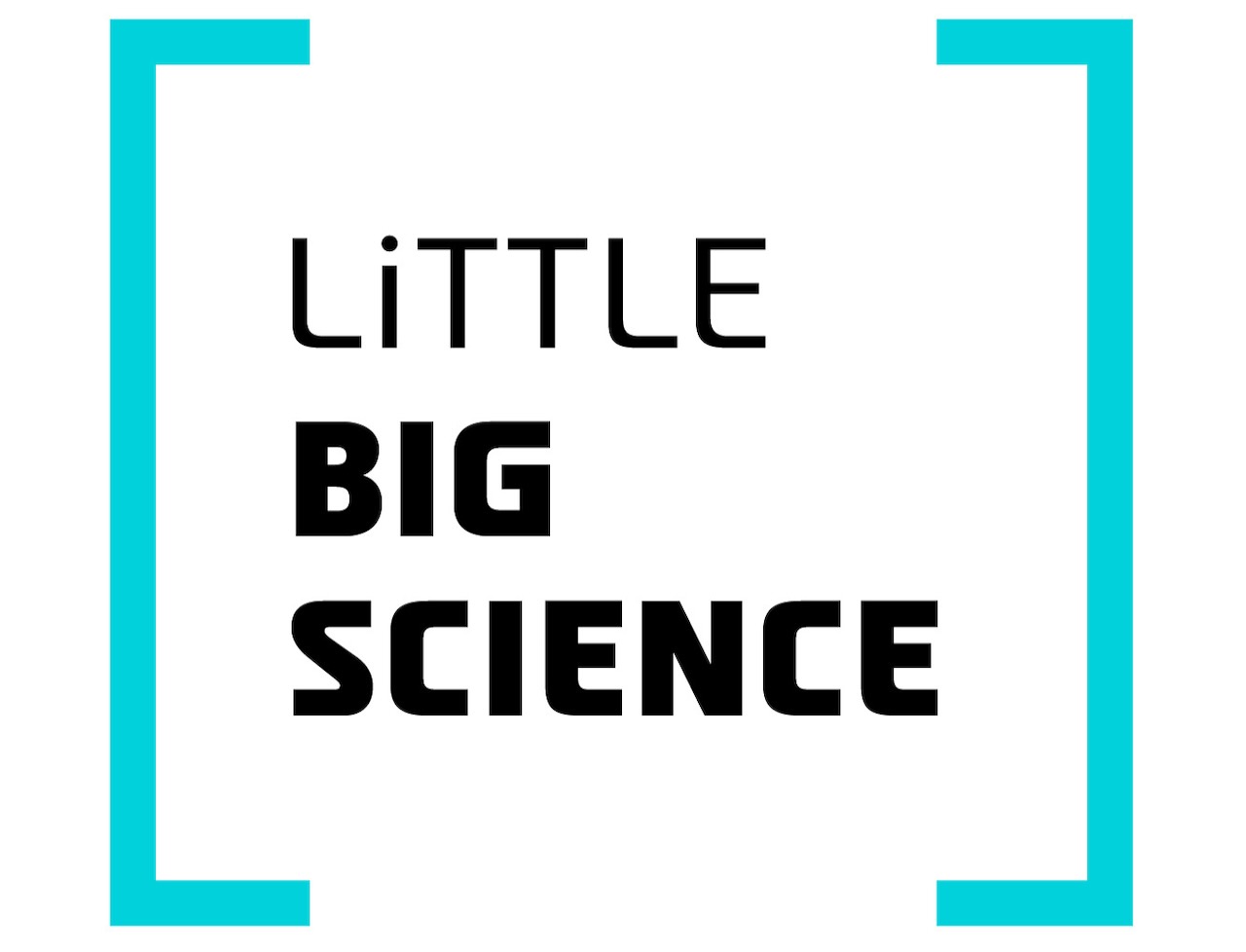
How does isolation affect rats? And what can we learn from it about humans? A new study examined rats in social isolation and found that isolation impaired immune function, caused an increase in cancer metastases, disrupted the ability to maintain body temperature, and was associated with significant genetic changes. Loneliness, it turns out, penetrates all the way down to gene expression, in rats like in humans.
Advertisement
Social isolation is one of the most painful experiences a person can undergo. Beyond its mental toll, studies show that loneliness also harms physical health: it alters gene expression in the immune system, increases chronic inflammation, and increases morbidity and mortality risk—on par with the effect of daily cigarette smoking [1].
During the COVID-19 pandemic, when many people were forced into social isolation, public awareness of loneliness and its broad impact on human health grew. We expanded on this in our previous post, “It is not good that the man should be alone” [2].
But what about other animals? What happens, for example, to rats when they experience social isolation? Does loneliness also damage their different s body systems?
But before addressing this question, it is worth asking what can rats teach us about humans? Why study rats at all?
Rats are highly social creatures: they live in groups and, like humans, need companionship and physical contact. They are similar to humans in brain structure, hormonal activity, and stress responses. This makes them an important research model for understanding emotions, behavior, and disease. Animal studies allow us to examine biological mechanisms in depth under controlled conditions and cautiously infer processes in the human body.
A study we conducted at Tel Aviv University, published a few months ago, examined the effect of social isolation in rats on cancer progression, the immune system, and the brain. The goal was to elucidate the neurobiological mechanisms through which social isolation influences the mind–body connection. This novel study investigated how isolation affects the brain and at the same time assessed its impact on the ability of the immune system to fight cancer. We carried out a series of experiments in which rats were kept in isolation for varying periods of time. To simulate metastatic processes in the lungs, cancer cells were injected into the tail vein, and the number of lung metastases was used as an indicator of immune function. In another long-term experiment, cancer cells were injected into the mammary gland, and local tumor growth was measured. After one month, the tumors were removed and analyzed. Gene expression analysis of the tumors and different body systems provided information on systemic processes in the body and immune system (gene expression reflects which genes are active in the cells and to what degree).
Isolation had a marked effect on the rats: within the first week, we observed significant weight loss, especially in females. In rodents, weight loss is a clear sign of stress. Isolation also raised stress hormones, impaired immune parameters, increased the number of lung metastases, and led to higher overall mortality. These findings indicate that social isolation is a potent stressor for rats, and are consistent with results from longitudinal studies in humans that link chronic loneliness to higher mortality and cancer morbidity [3].
Although the study was performed on rats, there is a striking resemblance to results in human studies. We observed changes in gene expression in brain regions such as the amygdala and the subthalamic nucleus that are associated with stress, emotional, and social regulation. Changes were also found in the expression of receptors for oxytocin (the “love and friendship” hormone), dopamine (reward and motivation), and serotonin (mood). In other words, the absence of social contact affected critical neural networks, much as documented in humans. The diversity of affected systems supports our initial assumption that loneliness influences several brain pathways—and, consequently, the body—rather than a single route (e.g., stress-axis activation), with multiple processes acting simultaneously.
One surprising finding was that when cancer cells were implanted locally in the mammary gland, the tumors that developed in isolated rats were smaller than in group-housed rats. This is not necessarily a positive outcome: genetic analysis of the tumors showed reduced expression of genes related to metabolism and growth, probably because isolation impaired the rats’ ability to maintain proper body temperature. Unlike humans, who keep warm using clothing, rats need social contact to stay warm. Without it, many of the body systems are compromised. Physiologically, isolation imposed such a heavy burden on the body that its systems weakened—so much so that it slowed down tumor growth. Similar observations were reported in isolated mice, where access to a heated nest improved their physical condition.
Our findings in rats revealed extensive gene-expression changes in several brain regions, as well as within the tumor itself. These findings add to a body of human research—particularly the work of Prof. Steve Cole at UCLA—showing that prolonged isolation alters gene expression in immune cells. Lonely individuals exhibit decreased expression of antiviral genes and increased expression of pro-inflammatory genes [4]. In other words, even in the absence of infection or disease, the body of a lonely person behaves as if under constant threat. The similarity between human and rat genetic responses under social isolation, reinforces the notion that isolation exerts a profound effect on the body—down to the level of gene expression.
Despite the obvious differences between human and rat species, this research strengthens existing insights into how loneliness affects the body and conveys an important message: social connection is not a luxury. Like sleep, water, and food, human contact is a fundamental biological need.
So if it has been a while since you spoke with someone close, perhaps now is the time to send a message. Sometimes, even a small note can be a reminder that we are not alone [5].
Hebrew editing: Smadar Raban
English editing: Gloria Volohonsky
References:







